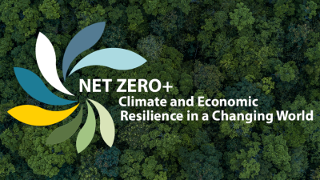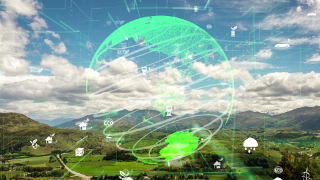
Climate change
Net Zero+: Climate and Economic Resilience in a Changing World
The OECD’s Horizontal Project on Climate and Economic Resilience uses the multidisciplinary reach of the OECD to support governments in driving the swift transformational change needed to tackle climate change. The project provides analysis and insights that take into account the whole climate picture – the need for an accelerated and resilient transition to net zero while building resilience to physical climate impacts – in the context of unexpected global disruptions such as the COVID-19 pandemic and far-reaching effects of Russia’s unprovoked war of aggression in Ukraine.
Read more 














.jpg)


.jpg)

.jpg)
.jpg)

